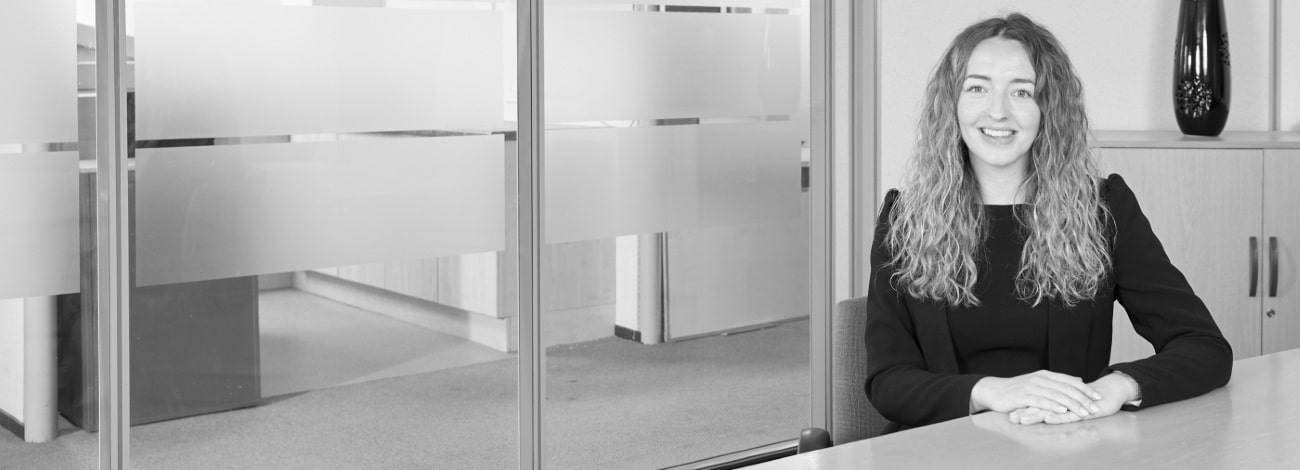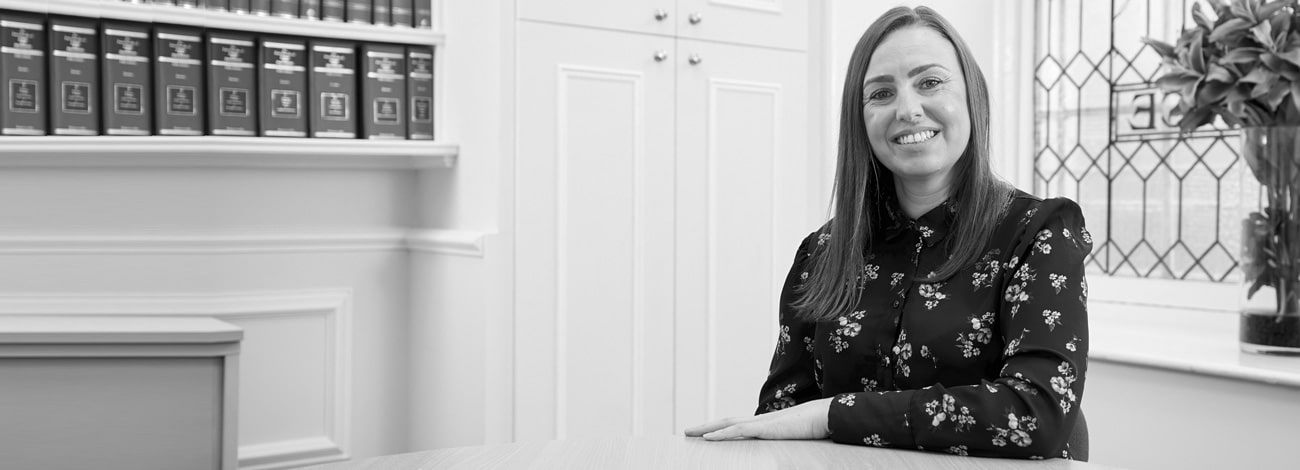Wonderful service from start to finish. Made a very stressful situation easier to manage.
Divorce and separation explained
At Warner Goodman, we appreciate that if you have made the decision to divorce, this will be a confusing time for everyone involved. Here, we explain how the no fault divorce process works, as well as define some of the terminologies that can make it hard to follow.
I want a divorce…am I eligible?
Getting a divorce has never been simpler since the introduction of no fault divorce under the Divorce, Dissolution and Separation Act 2020.
To be entitled to a divorce in the UK, you must first have been married for at least a year and provide the statement that your marriage has irretrievably broken down in the divorce application. Irretrievable breakdown is the only ground for a divorce in the UK.
I’m eligible…how do I file for divorce?
The divorce process is fairly straightforward, and since the new legislation has been introduced, several steps have changed, meaning it’s important to be completely aware of the process.
The divorce application will need to be submitted to the court along with the £593 court fee. The application must include the statement of irretrievable breakdown and can either be done by the couple jointly or one party individually.
If the application was solely applied for, a copy of the application will then be sent to your spouse by the court. Upon receipt, your spouse is required to return the ‘acknowledgement of service’ form within 14 days, confirming that they have received the petition.
Once the acknowledgement of service has been received, there is a minimum period of 20 weeks. Once this time frame is complete, the applicant or joint applicants will then be able to make the application for the Conditional Order (previously Decree Nisi).
Once the Conditional Order has been granted, there will be a six weeks wait. Once this time has passed, the applicant or joint applicants can apply for a Final Order (previously Decree Absolute), at which stage your marriage will be brought to an end once the court has granted the Final Order.
Life after divorce
Once your divorce has been finalised, there may be other areas to address, such as making financial arrangements in terms of splitting assets or pension sharing orders and making plans for your children. If you cannot reach these decisions amicably, Family Mediation would be an excellent way to discuss how to make these decisions in the best interests of all concerned.
We know that this can be a confusing and stressful time, and we’re here to help. We have many years experience of divorce proceedings and understand that every relationship is different and that each person will have been through a different emotional journey to reach this point.
We are happy to discuss with you any questions that you may have relating to divorce, separation and family mediation. To ease your journey further, we have developed a range of fixed fee divorce packages, meaning you can handle your divorce in your way.
To make your first appointment to discuss your children’s future, contact us today by phoning your local office or emailing familyenquiries@warnergoodman.co.uk and find out how we can support you.
To speak to one of our experts please call us










